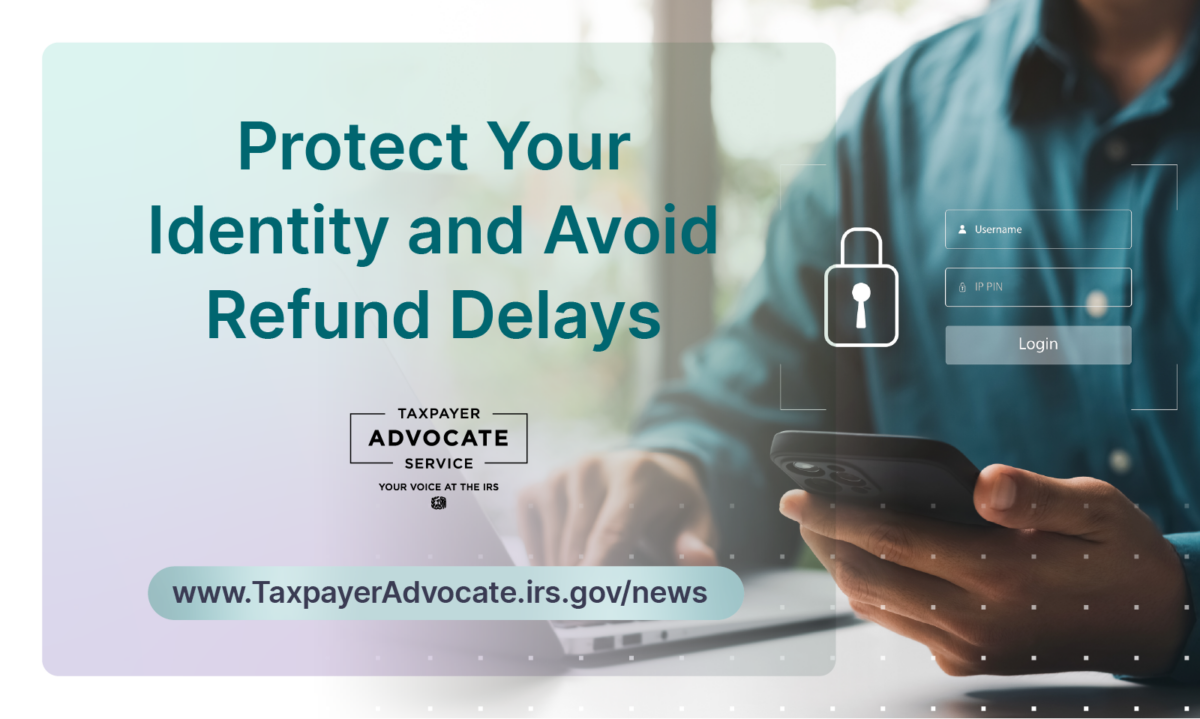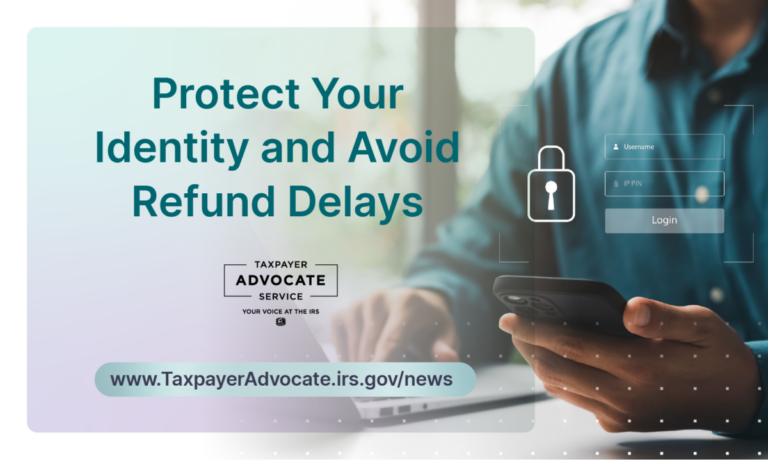Identity Verification and Your Tax Return
As tax season begins, one of the most pressing concerns for both taxpayers and the Internal Revenue Service (IRS) is identity verification. Protecting sensitive financial data and preventing fraudulent tax returns are top priorities, and the IRS employs several methods to ensure the security of the tax system.

Why Identity Verification Matters
Identity theft is a significant threat, and tax fraud is a common form of this crime. Criminals may attempt to file fraudulent tax returns using stolen Social Security numbers and other personal information to claim refunds. This can lead to significant financial and emotional distress for victims, as it can delay legitimate refunds and require extensive efforts to resolve the issue.
Verification Procedures
The IRS uses a multi-layered approach to verify taxpayer identities. Several methods are employed:
- Matching Information: The IRS compares information provided on the tax return, such as names, Social Security numbers, and addresses, with data already in their systems.
- Security Questions: In some cases, taxpayers may be asked to answer security questions to confirm their identities. These questions are designed to be difficult for someone other than the taxpayer to answer.
- Identity Verification Letters: If the IRS needs additional verification, they may send a letter to the taxpayer requesting further documentation or information.
What Taxpayers Can Do
Taxpayers can take proactive steps to protect themselves from identity theft and tax fraud:
- File Early: Filing your tax return early can reduce the chance of a criminal filing a fraudulent return using your information.
- Use Secure Methods: File your return electronically using secure software or through a trusted tax professional.
- Safeguard Personal Information: Protect your Social Security number and other sensitive information. Be cautious about sharing this data online or over the phone.
- Monitor Your Accounts: Review your tax records and financial accounts regularly for any signs of fraudulent activity.
“The protection of taxpayer information is paramount,” says IRS Commissioner Smith. “We encourage everyone to take appropriate steps to protect their data and report suspected fraud immediately.”
What to Do if You Suspect Identity Theft
If you suspect that your identity has been stolen or that a fraudulent tax return has been filed using your information, it is crucial to take immediate action:
- Report to the IRS: File Form 14039, Identity Theft Affidavit, with the IRS.
- Contact the Federal Trade Commission (FTC): Report the identity theft to the FTC and obtain an Identity Theft Report.
- Review Your Credit Reports: Obtain copies of your credit reports from the three major credit bureaus (Equifax, Experian, and TransUnion) and review them for any unauthorized activity.
- Consider a Fraud Alert or Security Freeze: Contact the credit bureaus to place a fraud alert or security freeze on your credit files.
The IRS’s Commitment
The IRS is committed to protecting taxpayer identities and combating tax fraud. They continuously update their security measures and work with law enforcement agencies to investigate and prosecute identity theft crimes.
By understanding the importance of identity verification and taking proactive steps to protect their data, taxpayers can help ensure a smooth tax season and reduce their risk of becoming victims of identity theft.


